Veterinary Clinical Pathology and Laboratory Diagnosis
Clinical Pathology and laboratory Diagnosis are often required to be in one location to assist veterinarians and disease investigation experts in their routine work. The development of rapid and specific diagnostic tools for various animal diseases is an important area of focus for clinicians. Traditional methods for diagnosing infectious diseases involve isolating, growing, and identifying the infectious agent from clinical samples, which requires well-equipped and well-staffed pathological laboratories. These methods can take days to weeks and may not provide an early diagnosis, which can be crucial for managing the disease. While isolation and identification of the microorganism can provide an unambiguous diagnosis, the success rate is limited. An alternative approach is to detect seroconversions to particular microorganisms, which can be diagnostically important. Enzyme immunoassay has become a popular tool for detecting humoral immune responses or microbial antigens for diagnostic purposes. Additionally, this book provides regulatory and safety requirements for the first time for veterinary disease investigation. Field veterinarians can use this information in their daily routine work to diagnose diseases, identify causative agents, and recommend effective therapeutic and preventive measures to control livestock and poultry diseases.
Get it now and save 10%
BECOME A MEMBER

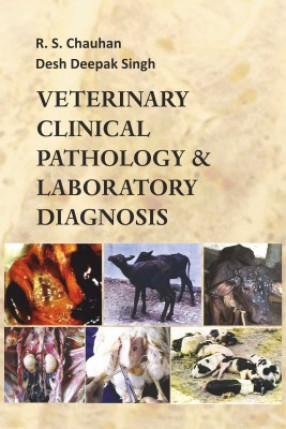
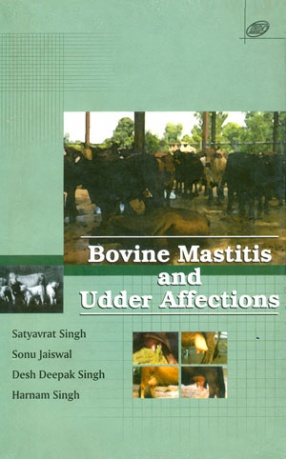
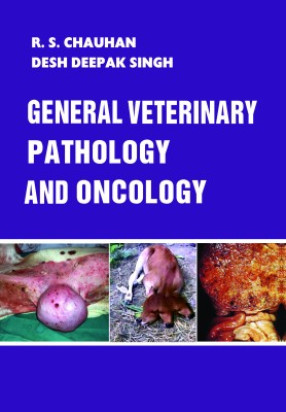
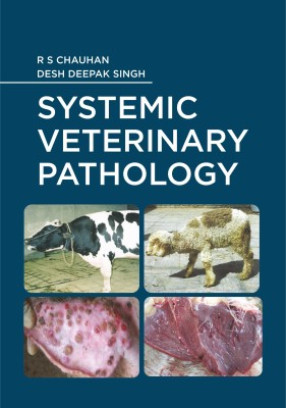
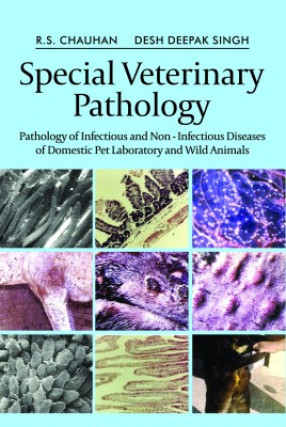

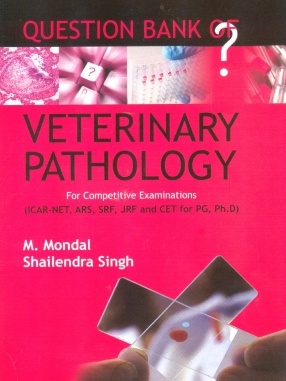

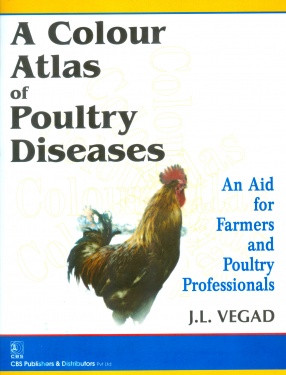

Bibliographic information
Desh Deepak Singh